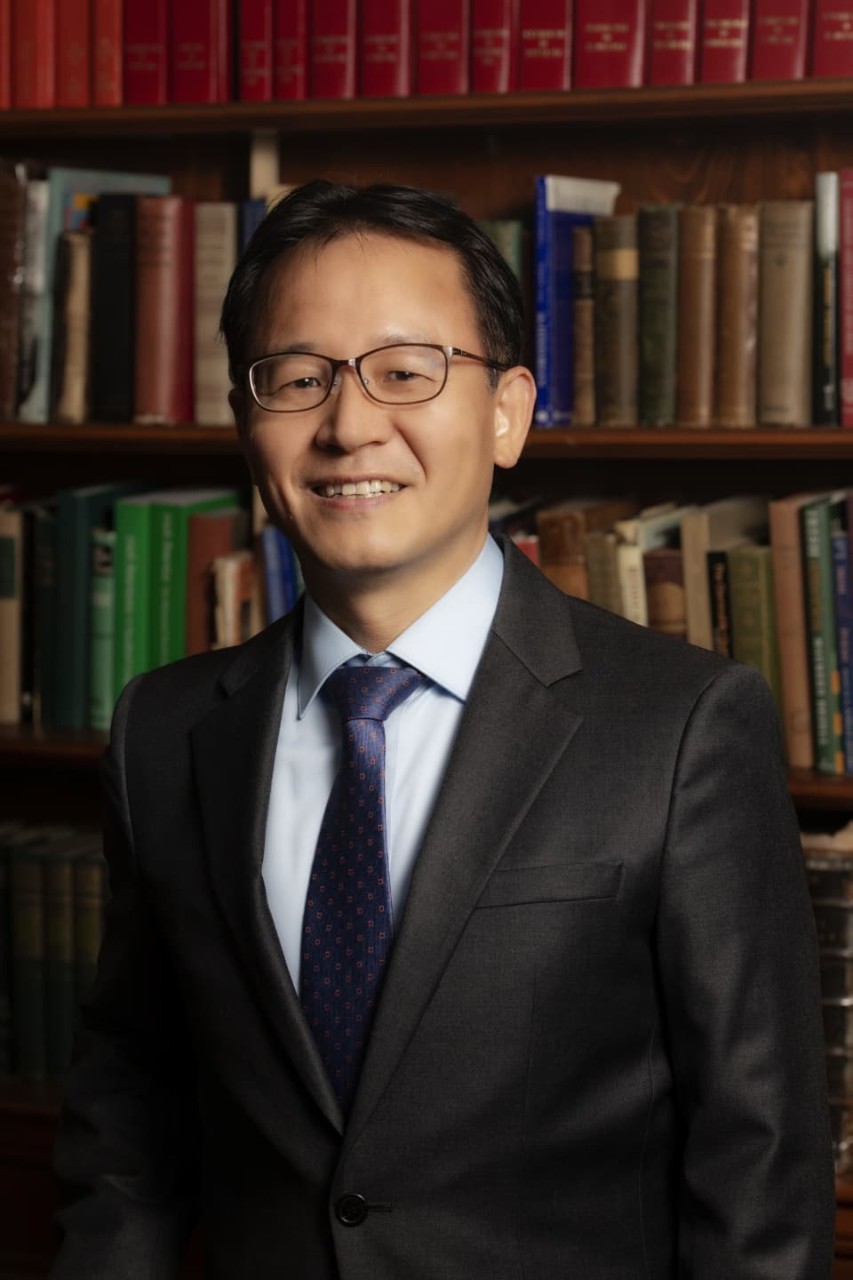

Associate Professor of the Practice

Connolly House 210
300 Hammond Street
Chestnut Hill, MA 02467
Telephone: 617-552-1958
Email: ingu.hwang@bc.edu
Divided Korea (INTL/HIST 4804)
Development and Social Justice in Korea (INTL/HIST/ECON 2875)
Colonial Korea and its Legacies (INTL/HIST 2854)
Human Rights in East Asia (INTL 2860/HIST 2855)
Korean War: Conflicts, Security, and Peace (INTL 3530/HIST 4021)
Modern Korean history and politics; Cold War East Asian diplomacy; the history of human rights/humanitarianism
Ingu Hwang received his Ph.D. from the Department of History at the University of Chicago in 2015. Currently, he is an associate professor of the practice in the International Studies Program, an affiliated professor in the History Department and the Asian Studies Program. Prof. Hwang is also the Leader of the Global Korea Project at Boston College. He offers interdisciplinary courses on modern and contemporary Korea and East Asia that explore colonial/post-colonial experiences, division and geo-politics, the Korean War, development and social justice, human rights history in global contexts.
His research centers on contemporary transnational and global Korean history with a focus on the topics of democracy, peace, security, and human rights. His first book, Human Rights and Transnational Democracy in South Korea, published by the University of Pennsylvania Press Human Rights Series in 2022, offers the first account of the historical intersection between South Korea's democratic transition and the global human rights boom in the 1970s and 1980s. Other publications include contributions to the Korea Democracy Foundation’s book, 1970s Korean Democratization and Protestants (Korean), published in 2024 and to the Kim Dae-jung Peace Foundation’s Kim Dae-Jung’s Thoughts and Politics: Peace, Democracy, Reconciliation, and Cooperation (Korean), published in 2023. Currently, he is working on his second monograph, the first scholarly biography of Nobel Prize recipient Kim Dae-jung. The monograph utilizes a global political and cultural lens to analyze Kim’s engagements with Korean, regional, and international political discourses and policies from the 1950s to the 1980s.